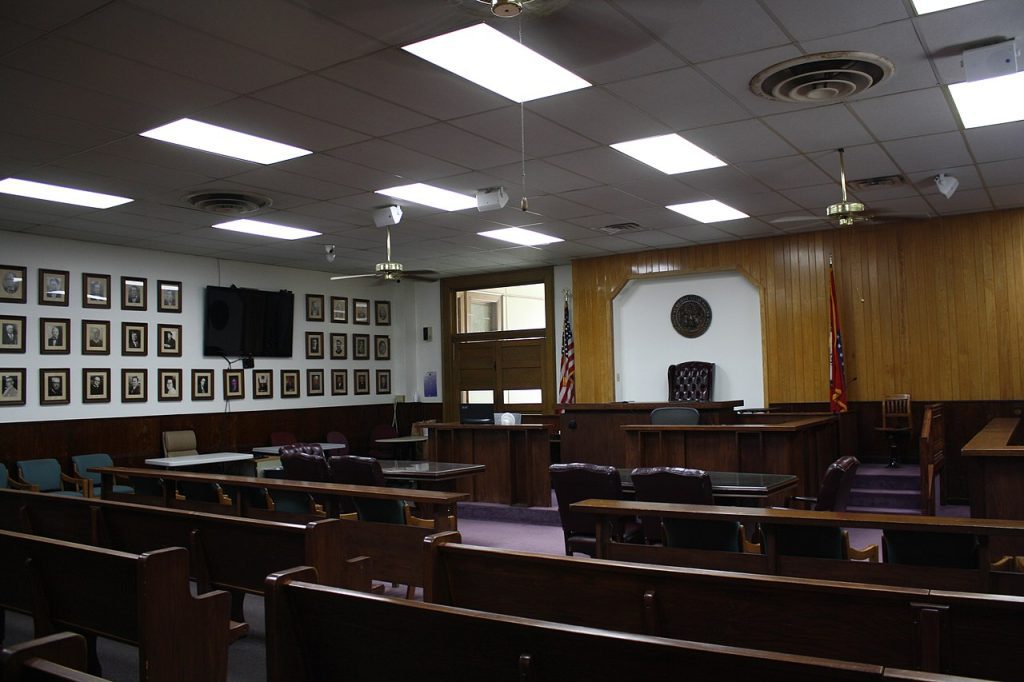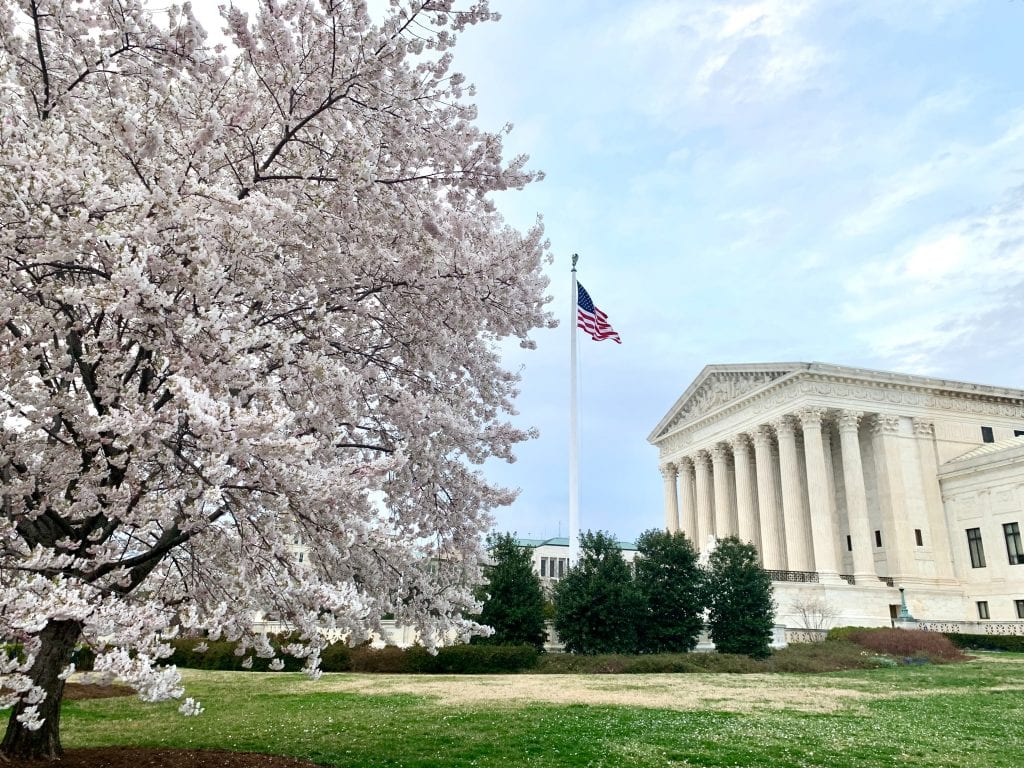As you already know, the United States Supreme Court overturned Roe v Wade in a 6-3 decision in a case called Dobbs v Jackson Women’s Health Organization. In its decision, the Supreme Court held that there is nothing in the Constitution that stops the government from regulating abortions.
On the surface, the Supreme Court’s decision in Dobbs doesn’t impact the criminal justice system. Dobbs wasn’t a criminal case, and no one in the case was charged with a crime. But that doesn’t mean the decision won’t impact the criminal justice system anyway.
Prosecutions For Post-Roe v Wade Abortions
The most obvious way that the Supreme Court’s decision overturning Roe v Wade impacts the criminal justice system is through prosecutions. As a result of the Dobbs decision, abortion is already illegal in nearly a dozen states. Several more are likely to follow.
In many of these states, prosecutors can now charge doctors who perform abortions with a crime. Some states even let prosecutors charge women who get an abortion with a crime. In Louisiana, for example, administering, prescribing or providing an abortion-inducing drug to a pregnant female can land you in prison for up to 10 years and come with a fine of up to $100,000.
Fearing possible criminal prosecutions, many medical facilities have stopped or changed how they approach pregnancy-related treatment. For instance, Saint Luke’s Health System is no longer providing emergency contraception, including Plan B, at its Missouri locations.
Some people want states to go even further than that when it comes to prosecutions. As Ashton Lattimore, the Editor-in-Chief for Prism, explained in this article, the National Right to Life Committee is currently trying to get states to prosecute anyone who “encourages” an abortion, too. Lattimore fears such prosecutions will extend all the way to journalists and writers to who simply write on the topic.

Prosecutorial Discretion After Roe v Wade
With the possibility for more prosecutions comes the possibility for the exercise of more prosecutorial discretion. Prosecutors already have a lot of discretion in criminal cases. They decide when to charge someone with a crime, what crime to charge them with, what penalty to seek and much, much more.
It’s not uncommon for a prosecutor to use his or her discretion to offer a defendant a plea deal. In some plea deals, for example, the prosecutor offers probation in exchange for a guilty plea. But, if you don’t accept the deal and go to trial, you face a jail sentence instead.
After the Supreme Court overturned Roe v Wade, some prosecutors made it clear that they would use their discretion and not prosecute doctors or women for abortions. Eli Savit, the prosecutor in Washtenaw County, Michigan, which is home to Ann Arbor and the University of Michigan, did exactly that.
“No matter the outcome … we will not be prosecuting doctors, patients, or providers under that old Michigan law [prohibiting abortions],” he announced on Twitter. “Full-stop.” Dozens of other prosecutors did the same. But that doesn’t mean other prosecutors won’t do the opposite.

Other Rights Recognized By The Supreme Court
In addition, the Supreme Court’s decision in Dobbs puts some other rights in jeopardy, too. In a separate opinion, Justice Clarence Thomas indicated that the “right of married persons to obtain contraceptives,” the “right to engage in private, consensual sexual acts” and the “right to same sex marriage” might not exist either.
Some lawmakers are getting ready for that. For instance, Texas’s Attorney General, Ken Paxton, recently said that he’d defend the state’s prohibition against “sodomy” if the Supreme Court reverses Lawrence v Texas. In Lawrence, the Court struck down a law making it a crime for two people of the same gender to have sex.
According to Cornell Law School’s Legal Information Institute, however, the term “[s]odomy refers to anal or oral intercourse.” So overturning Lawrence v Texas could allow Texas to prosecute anyone who engages in oral or anal intercourse.
The Takeaway:
The Supreme Court’s decision overturning Roe v Wade was huge for a lot of reasons. In the context of the criminal justice system, we’re likely to see more prosecutions. But the impact could go well beyond that as well.






